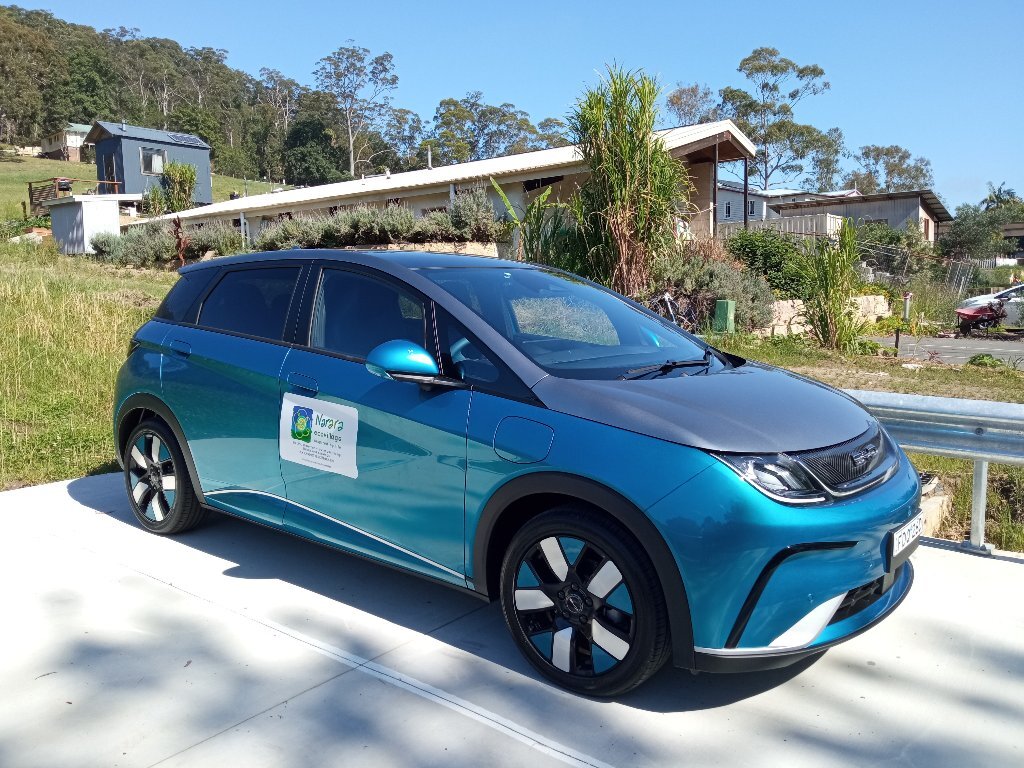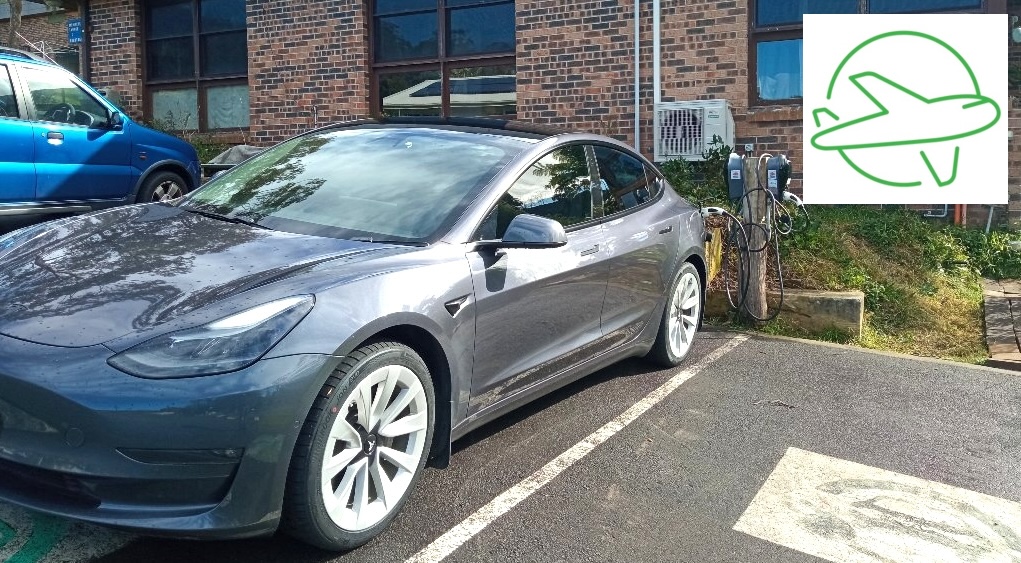Unless we restrict travelling to walking, we will be producing additional emissions, first through production – so even bicycles require energy and almost inevitably emissions to manufacture and transport them in the first place! Most forms of transport still depend on fossil fuels (petrol, diesel, oil, and even trains rely partially on goal and gas-generated electricity). Electric cars (which we encourage – especially if they are shared – click here for details) may take one to two years of running on clean electricity to save the extra energy embodied in the battery – but after that, they are practically zero emmission on every km driven – and are likely to last much longer than petrol and diesel vehicles, which in Australia have an average life of 10.6 years and 250,000km. EV’s have far fewer moving parts (an electric motor is so much simpler than a complex ‘high efficiency, low emission’ engine) and batteries have made huge advances in the past decade, being virtually fireproof (unlike batteries in some laptops, e-scooters and e-bikes), and the newest EV batteries are now being warrantied for over 1 million kms!

Electric vehicles have been the subject of a years long and comprehensive disinformation campaign, since the ‘legacy’ car manufacturers and oil industries are fundamentally threatened by them – and particularly those manufactured by Chinese companies, whose exported batteries and vehicles increasingly excell in price, technology and safety. New names to our markets such as ‘BYD’, ‘SAIC’, ‘XPENG’, ‘ZEEKR’ and ‘DEEPAK’, as well as names slightly familiar from the past, but now Chinese owned, such as ‘MG’ and ‘LDV’ (which was once Leyland Daf Vehicles) see increasing sales, whilst others such as Mitsubishi, Mazda, Ford, General Motors, BMW, VW, Mercedes-Benz and Porshe have either pulled out of China completely, or are seeing rapidly declining sales in what had been their major profit centres. Some are building their vehicles in China (virtually all Australian-sold Teslas are now made there) and others are establishing joint ventures to tap in to the Chinese expertise (VW, Toyota and others). More than half of all cars sold in China in July 2024 were electric, so the rest of the world is way behind.
However, because of the success of the inaccurate scare stories (cost, depreciation, fires, range anxiety, reliability, and cars recording audio and images and reporting back to China etc), we have recently seen a rise in ‘plug-in hybrid’ sales in Australia. This could be considered an unnecessary and backward step, since a car with both batteries, motors and an internal combustion engine is the most complex of all, and is therefore likely to be less reliable and cost more to maintain, yet still produces emissions. Because you are carrying around both batteries, a motor and an engine, they are also heavier and hence are likely to be less efficient. EVs now have increasingly faster charging speeds, more and more fast chargers are becoming available, and are now available with real world ranges of well over 400kms, so there is no need for the extra complexity of plug-in hybrids, and hopefully the trend will be reversed as EVs continue to become cheaper, with longer ranges and faster charging times. EVs are always the cheapest type of cars – cheaper (and cleaner) to run – and cheaper to maintain. Charging at home from your own, excess solar power, literally costs nothing. At the Narara Ecovillage we also have 3 faster charging stations, powered by solar, for Members and visitors at minimal prices. Drop in for a charge and a visit or a coffee or lunch and a walk in the Strickland State forest!
Whatever form of transport we use, there will inevitably be some emissions generated. This is particularly true when we fly. Therefore we encourage everyone to consider the need and the impact of their travel plans. Even our current long distance trains are significantly less impactful than planes, though it would make a massive difference if and when we finally have a High Speed Train network linking Adelaide to Melbourne, Canberra, Sydney, Gosford, Newcastle and Brisbane (we probably could have avoided building a second Sydney airport, or expanding Newcastle!).
But when we do have to fly – and we know that we are separated from other parts of the world – and often family and friends – by ‘the tyranny of distance’ – we want to be able to reduce or mitigate the impacts of those journeys as far as we possibly can. There are various reputable ways to offset (not the seemingly minimal options the airlies sometimes but inconsistently offer). One is the Australian based and fully certified and reliable ‘GreenFleet‘, which

has the added benefit that it is tax deductible (so despite itself, the Goverment has warranted making a contribution when you decide to offset!). We are also looking at establishing our own options here in the Narara area, including tree planting and biochar and projects through the Narara Ecoliving Network (NELiN), itself also tax deductible.

